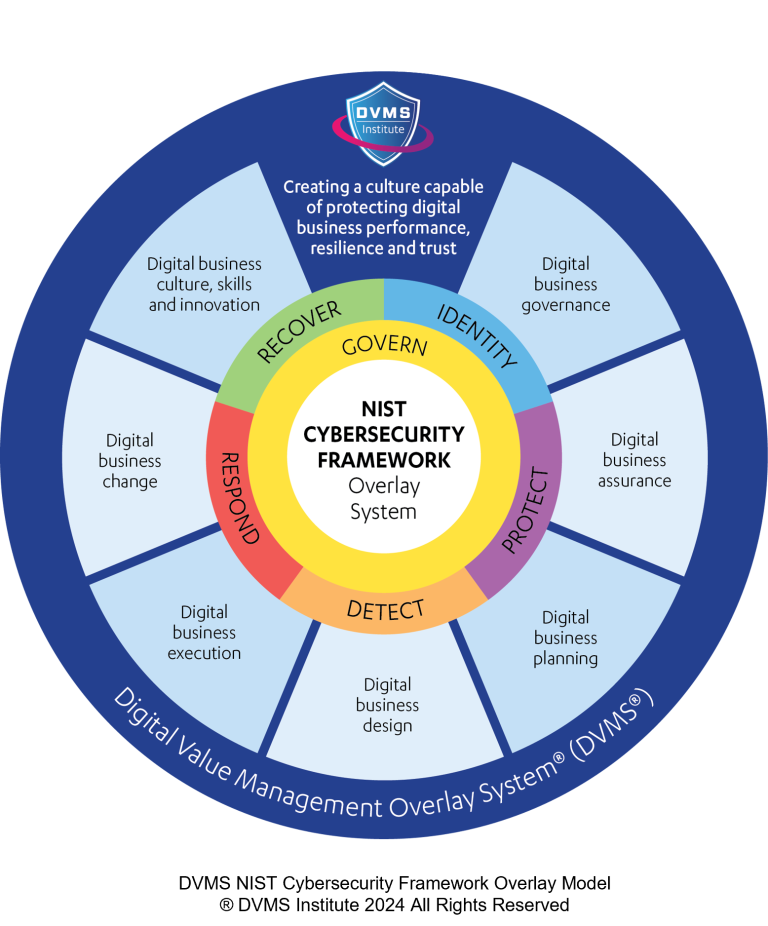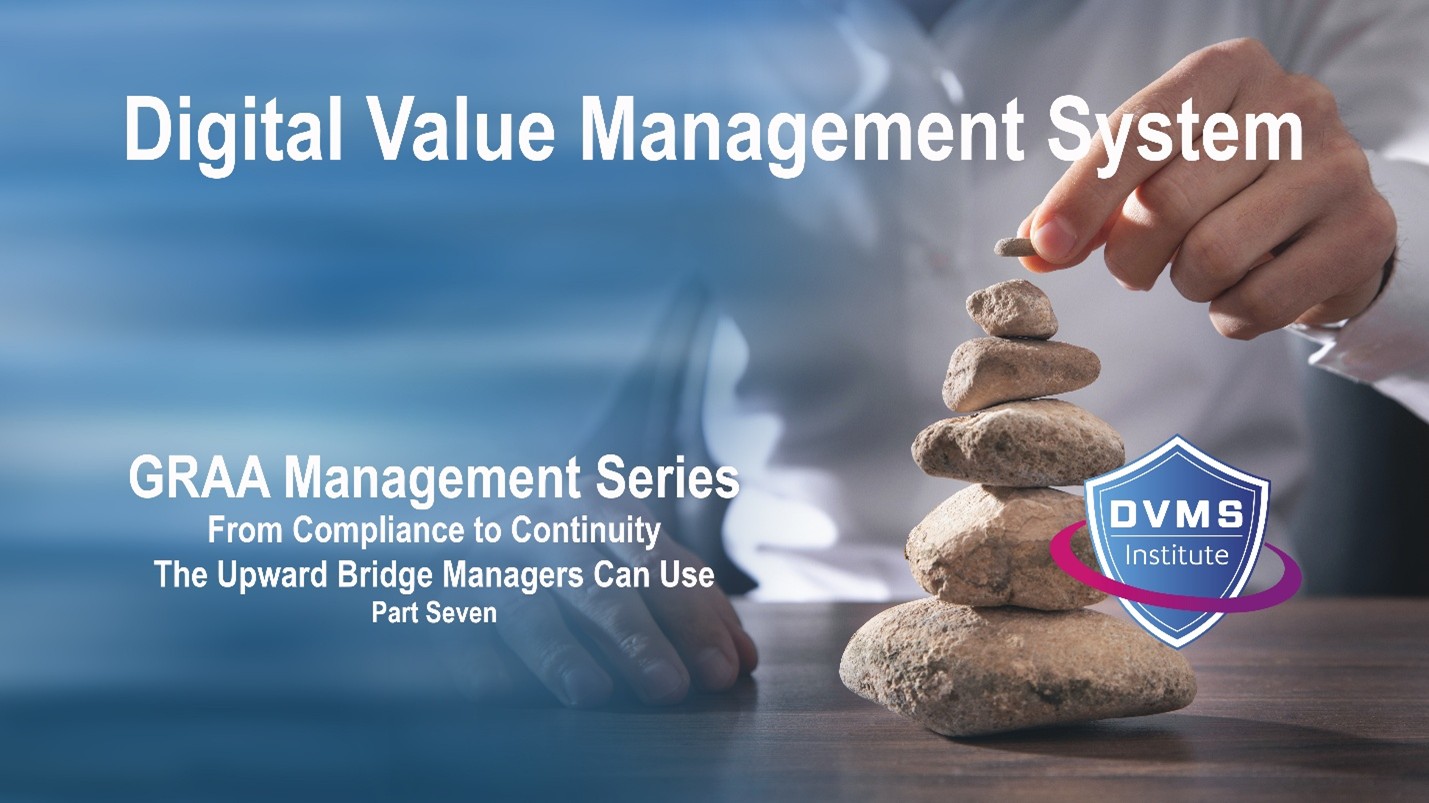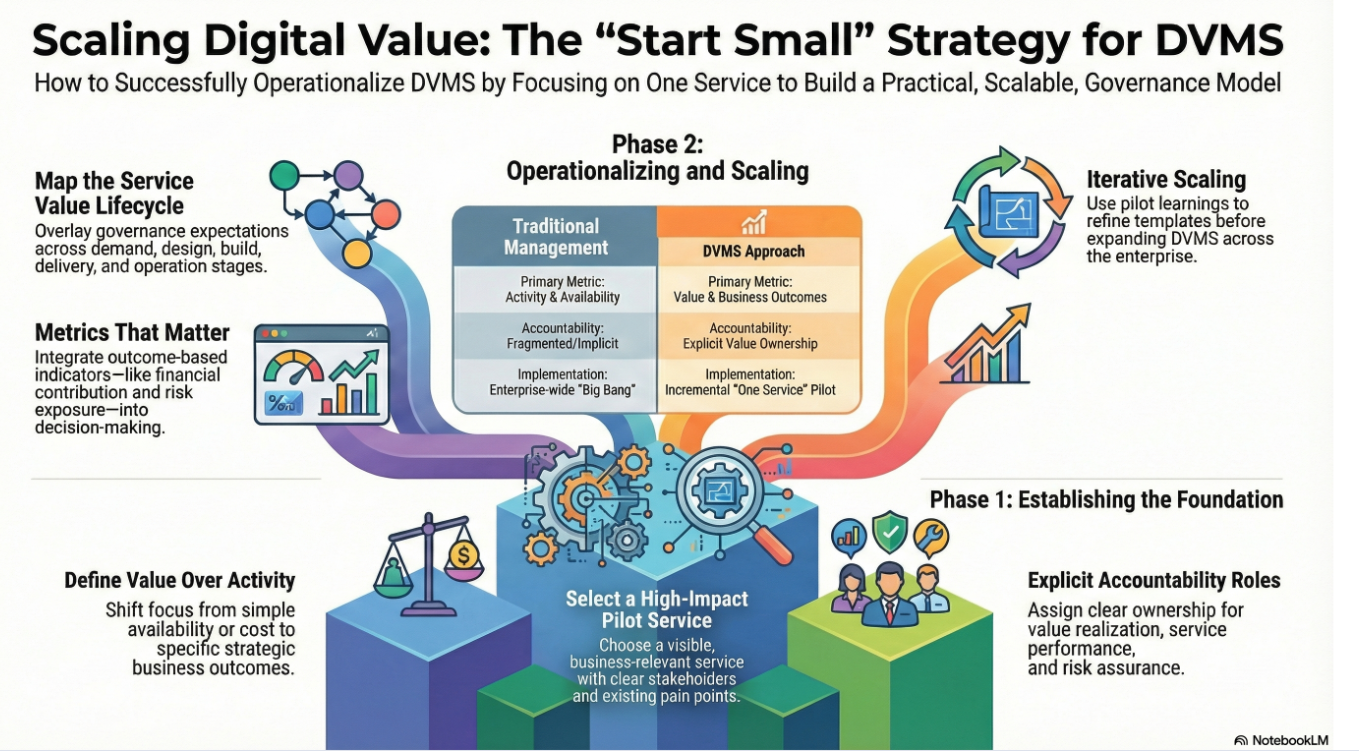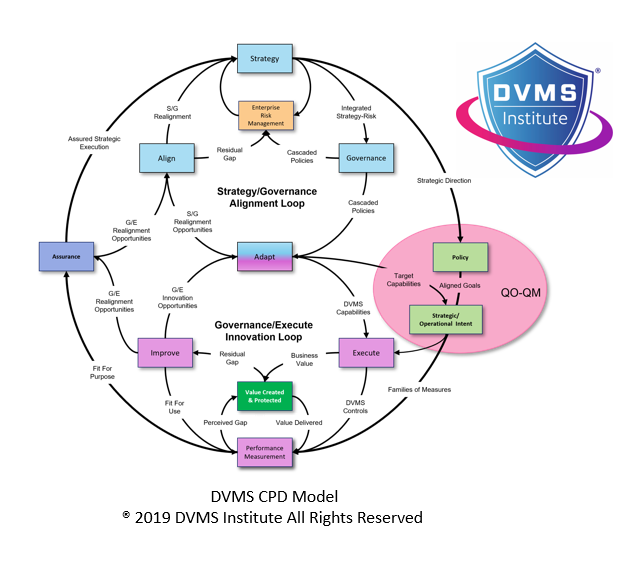Software Development Professionals: First Line of Defense Against Cyber Risks
Rick Lemieux – Co-Founder and Chief Product Officer of the DVMS Institute
Software development professionals, the architects of digital products and services, are at the epicenter of cybersecurity risk management. Their role extends beyond crafting functional code; it encompasses a deep understanding of security principles and their application throughout the software development lifecycle (SDLC).
Developers are the first line of defense against vulnerabilities at the inception of a software project. Incorporating security considerations into the design phase can prevent numerous security flaws from manifesting in the final product. This proactive approach, often termed “secure by design,” is paramount in building resilient software.
Secure coding practices are the cornerstone of software development security. Developers must adhere to coding standards and guidelines, avoiding common vulnerabilities like SQL injection, cross-site scripting, and buffer overflows. By writing clean, efficient, and secure code, developers significantly reduce the software’s attack surface.
Beyond coding, developers play a critical role in conducting security testing. This involves identifying and mitigating vulnerabilities before the software is deployed. Techniques like static code analysis, dynamic testing, and penetration testing help uncover potential security weaknesses. Developers can prevent costly remediation efforts by addressing these issues early in the development process.
Developers are also responsible for implementing security features within the software. This includes authentication mechanisms, authorization controls, data encryption, and input validation. By incorporating these safeguards, developers protect sensitive data and prevent unauthorized access.
As software evolves, developers must stay abreast of emerging threats and vulnerabilities. They should participate in security training and awareness programs to enhance their knowledge and skills. Continuous learning is essential in the ever-changing cybersecurity landscape.
Moreover, developers contribute to incident response by understanding their role in identifying, reporting, and mitigating security incidents. By following established incident response procedures, developers can help minimize the impact of a breach.
The concept of DevSecOps, which integrates security into the DevOps culture, emphasizes the collaborative nature of software development and security. Developers, security professionals, and operations teams work together to build and deploy secure software at speed. This approach fosters a shared responsibility for security and accelerates the development process.
Software development professionals are indispensable in safeguarding digital assets. By adopting a security-first mindset and incorporating security into every phase of the SDLC, developers can significantly reduce the risk of cyberattacks. Their collaboration with security teams is crucial in creating a robust and resilient software ecosystem. As technology advances, developers’ role in cybersecurity will only grow in importance.
By investing in developer training and education, organizations can cultivate a culture of security that fosters the development of secure software. This proactive approach is essential in protecting against the ever-evolving threats businesses face today.
About the Author

Rick Lemieux
Co-Founder and Chief Product Officer of the DVMS Institute
The DVMS Institute teaches organizations of any size, scale, or complexity an affordable approach to mitigating cyber risk to protect digital business performance, resilience, and trust.
Rick has 40+ years of passion and experience creating solutions to give organizations a competitive edge in their service markets. In 2015, Rick was identified as one of the top five IT Entrepreneurs in the State of Rhode Island by the TECH 10 awards for developing innovative training and mentoring solutions for boards, senior executives, and operational stakeholders.
® DVMS Institute 2024 All Rights Reserved




